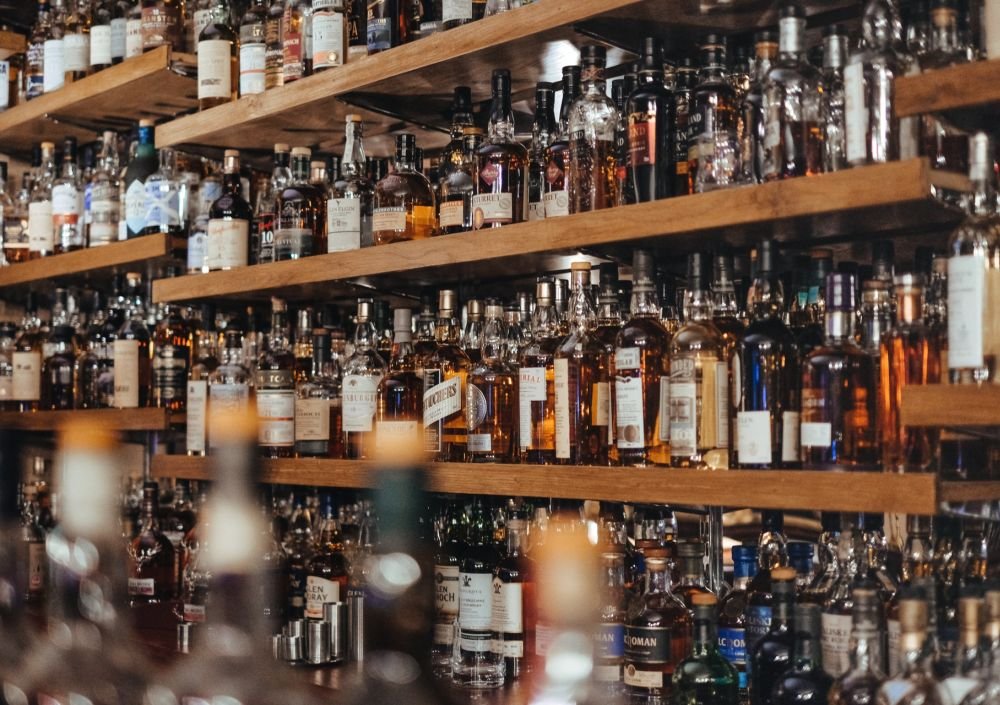
Observations carried out in Scotland have shown that there is no direct link between raising the price of alcoholic beverages and reducing the intensity of their consumption. The heaviest alcoholics continue to buy alcohol, but moderate drinkers buy it less often.
Alcoholism is a problem of all mankind and in some countries of the world it is especially acute. These include not only Russia and Finland, known for their passion for drinking, but the United States and Great Britain, and especially Scotland, where there is a long tradition of passion for strong drinks. Humanity is trying to fight alcoholism in different ways, and one of the most effective is the increase in the cost of alcohol. Observations show that as the price of tobacco products rises, their consumption decreases. It is logical to assume that the same will happen with an increase in the cost of alcoholic beverages.
However, researchers from Scotland found that the introduction in this region of the UK of the minimum price for alcohol, which provoked an increase in the price of alcoholic beverages, did not change the behavior of heavy drinkers. This price floor was introduced in May 2008 and caused the price of all alcoholic beverages to skyrocket in Scotland. Local scientists have already done a lot of research evaluating the effectiveness of this policy. And they all came, alas, to a bleak conclusion.
People who drink alcohol in moderation have indeed begun to purchase it much less often due to the increase in the cost of alcoholic beverages. But the most convinced alcoholics continued to buy alcoholic beverages in the same quantities as before. At the same time, the quality of life of their families and themselves decreased, but this did not stop people. This means that this strategy is not the most appropriate in the prevention of alcohol dependence. (READ MORE)
